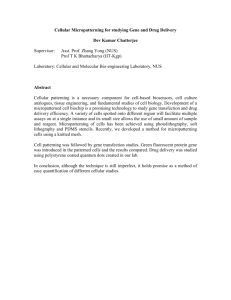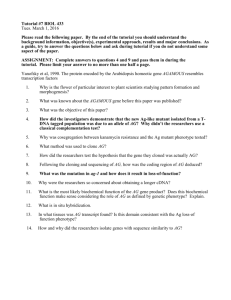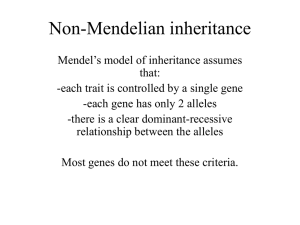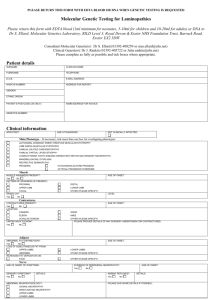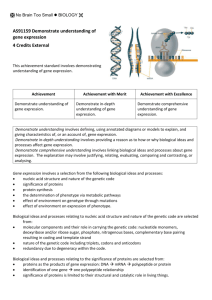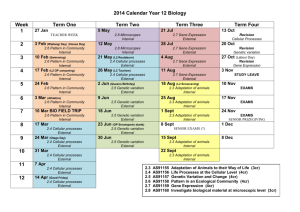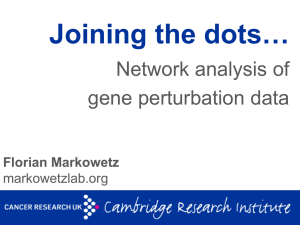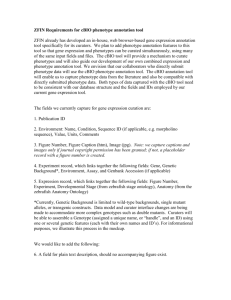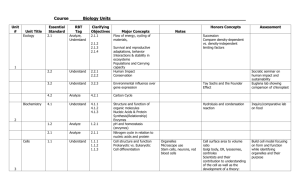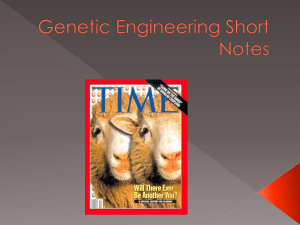Eric Darling
advertisement
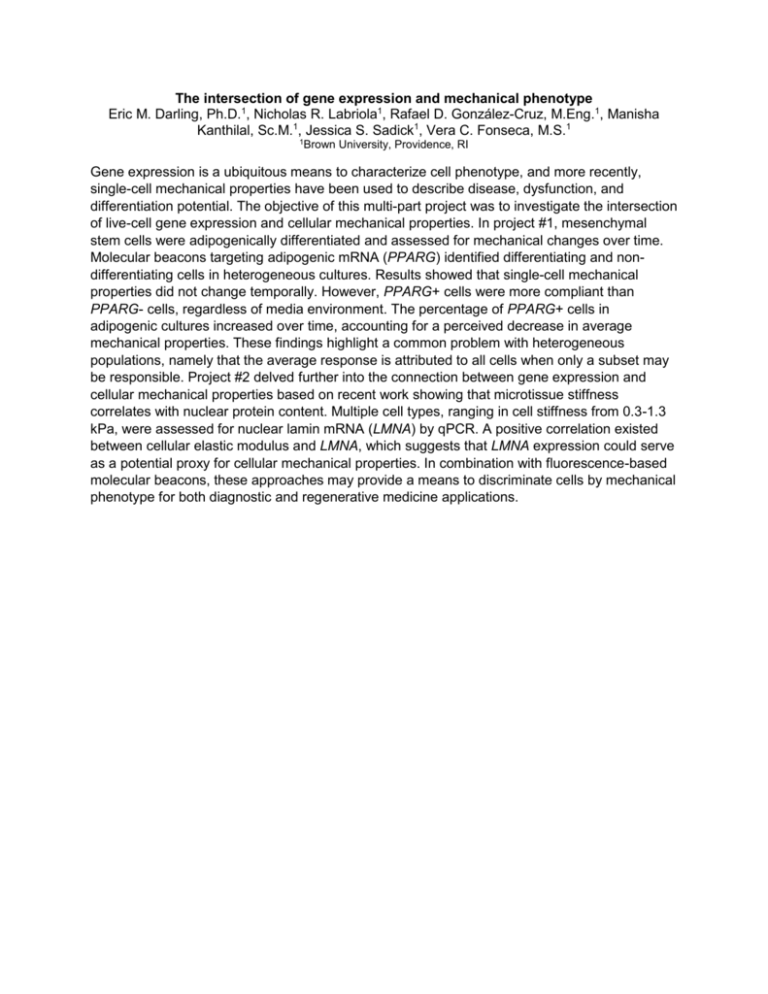
The intersection of gene expression and mechanical phenotype Eric M. Darling, Ph.D.1, Nicholas R. Labriola1, Rafael D. González-Cruz, M.Eng.1, Manisha Kanthilal, Sc.M.1, Jessica S. Sadick1, Vera C. Fonseca, M.S.1 1Brown University, Providence, RI Gene expression is a ubiquitous means to characterize cell phenotype, and more recently, single-cell mechanical properties have been used to describe disease, dysfunction, and differentiation potential. The objective of this multi-part project was to investigate the intersection of live-cell gene expression and cellular mechanical properties. In project #1, mesenchymal stem cells were adipogenically differentiated and assessed for mechanical changes over time. Molecular beacons targeting adipogenic mRNA (PPARG) identified differentiating and nondifferentiating cells in heterogeneous cultures. Results showed that single-cell mechanical properties did not change temporally. However, PPARG+ cells were more compliant than PPARG- cells, regardless of media environment. The percentage of PPARG+ cells in adipogenic cultures increased over time, accounting for a perceived decrease in average mechanical properties. These findings highlight a common problem with heterogeneous populations, namely that the average response is attributed to all cells when only a subset may be responsible. Project #2 delved further into the connection between gene expression and cellular mechanical properties based on recent work showing that microtissue stiffness correlates with nuclear protein content. Multiple cell types, ranging in cell stiffness from 0.3-1.3 kPa, were assessed for nuclear lamin mRNA (LMNA) by qPCR. A positive correlation existed between cellular elastic modulus and LMNA, which suggests that LMNA expression could serve as a potential proxy for cellular mechanical properties. In combination with fluorescence-based molecular beacons, these approaches may provide a means to discriminate cells by mechanical phenotype for both diagnostic and regenerative medicine applications.
